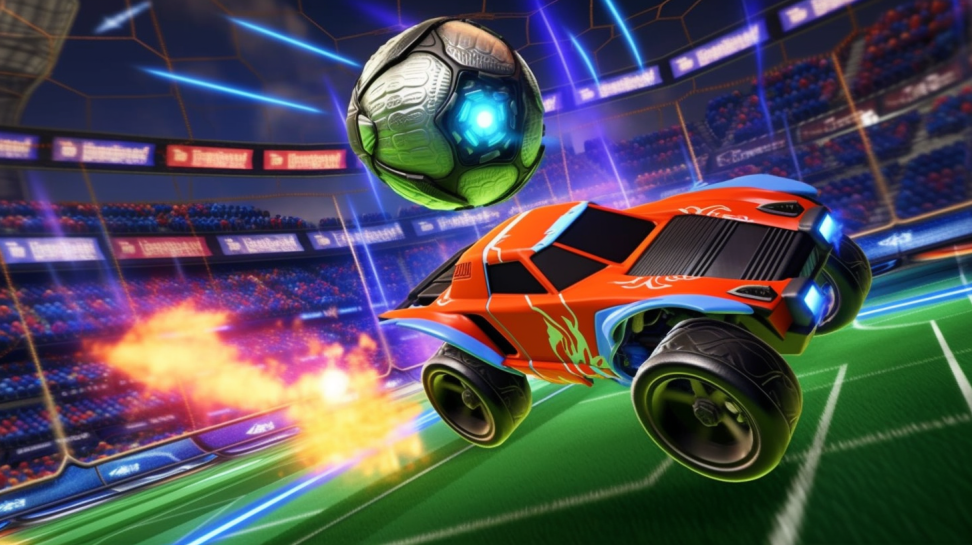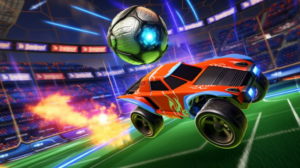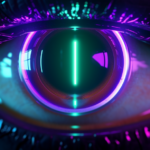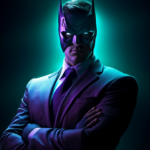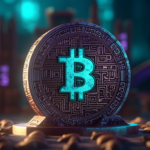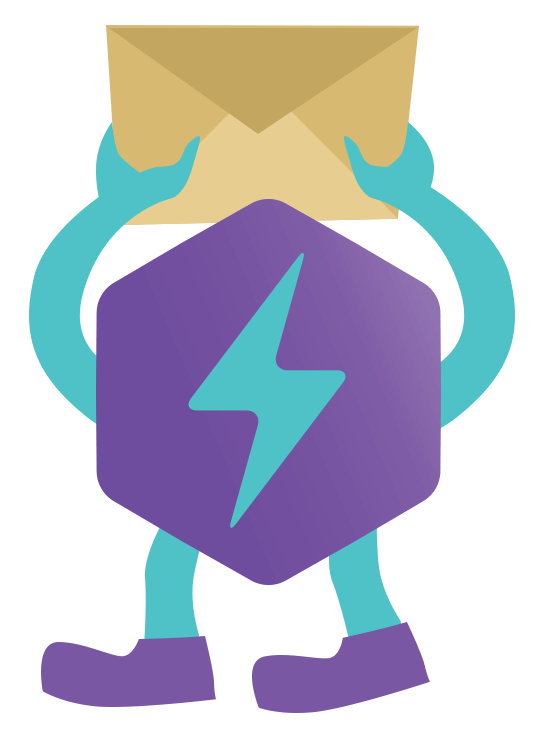In recent times, the gaming community witnessed an uproar when Rocket League developer, Psyonix, declared an end to in-game item trading, stirring a hornet’s nest among its ardent players. This move lays bare the limitations of closed gaming ecosystems, leaving gamers to ponder – could Non-Fungible Tokens (NFTs) be the game-changer?
On December 5th, 2023 at 4PM PT, @RocketLeague will be removing Player-to-Player Trading.
Learn more about these changes here: https://t.co/bAuhVRTvY3 pic.twitter.com/Q9lCJYI1ED
— Rocket League Status (@RL_Status) October 10, 2023
The recent announcement from Psyonix, the developer behind the popular game Rocket League, has sent shockwaves through its community. The decision to end the ability for players to trade their items is seen as a move away from the free-market model that many players cherished. This latest development highlights a growing concern among gamers about the level of control developers have over in-game assets.
Gamer Revolt: Is the Future of In-Game Trading in NFTs?
Rocket League has enjoyed a robust in-game economy since its launch in 2015. Players could acquire, trade, or sell items like car models, designs, and accessories using in-game currencies or real money. This system allowed for a thriving secondary market where rare and valuable items could fetch substantial prices. However, all of this is set to change come December 5, when in-game trading will be removed across all platforms.
Related: Why Your Favorite Game Might Soon Be Your Best Investment
The decision aligns with the broader policy of Epic Games, which acquired Psyonix and the Rocket League IP in 2019. Under this new paradigm, items won’t be tradable, transferrable, or sellable, mirroring Epic’s approach to game cosmetics and item shop policies. While this change paves the way for some Rocket League vehicles to feature in other Epic games, supporting cross-game ownership, it undoubtedly strips players of the freedom they had over their in-game assets.

The backlash from the community was swift and severe. Players took to social media to voice their discontent, with some calling for a boycott. A Change.org petition to keep item trading in the game quickly garnered over 6,700 signatures in less than a day. The outcry is a testament to the value players place on the ability to control their in-game assets, a feature they feel is being wrested away from them.
Related: Evolving NFT Market: Bandai Namco Debuts First AI-Based NFT Game
The crux of the issue lies in the concept of digital ownership. In traditional gaming ecosystems like that of Rocket League, the notion of “ownership” is at the mercy of the developers. They can, at any time, alter the rules, rendering accumulated assets worthless. This is a far cry from the promise of NFTs, which champion a model of true digital ownership.
From Rocket League to Blockchain: Unpacking the NFT Trading Solution
NFTs, or Non-Fungible Tokens, are unique digital assets verified using blockchain technology. They provide a way for gamers to truly own their in-game assets, free from the whims of developers. NFTs can be traded, sold, or used across different gaming platforms, offering a level of freedom and interoperability previously unseen in the gaming world.

The Rocket League debacle brings to light a pressing issue – the clash between traditional closed gaming ecosystems and the burgeoning world of blockchain and NFTs. While Epic Games and Psyonix can unilaterally decide to curb players’ trading abilities, NFTs provide a promising alternative that places control back in the hands of the players.
The ban on item trading in Rocket League is a glaring example of the limitations inherent in closed gaming ecosystems. It’s a stark contrast to the decentralized, player-centric model advocated by blockchain enthusiasts. As the worlds of gaming and blockchain continue to intersect, the call for a more open, player-driven ecosystem is likely to grow louder.

The journey towards integrating NFTs in mainstream gaming is fraught with challenges. Many gamers are vocally against the use of crypto and tokens in video games. The concerns range from the potential for fraud to the steep learning curve associated with blockchain technology. However, the potential benefits – true ownership, cross-game interoperability, and an open market for in-game assets – are compelling.
As the dust settles on the Rocket League controversy, the conversation around digital ownership and the role of NFTs in gaming is far from over. The promise of a decentralized gaming ecosystem where players have real control over their assets is a vision that continues to gain traction. Whether or not the gaming industry at large will embrace this vision remains to be seen, but the seeds of change have undoubtedly been sown.
Source: Rocket League Players Revolt Over Item Trading Ban—Do NFTs Fix This?
Change.org: Keep Player Trading in Rocket League
Read Also: Amazon’s NFT Game-Changer: Unleashing Potential for Prime Subscribers

